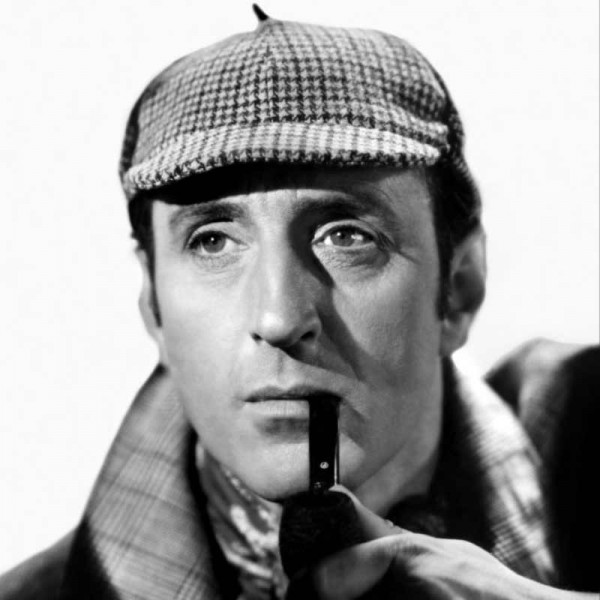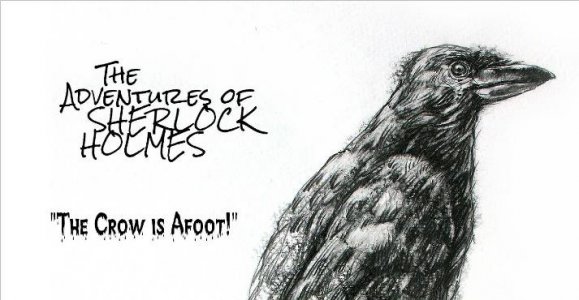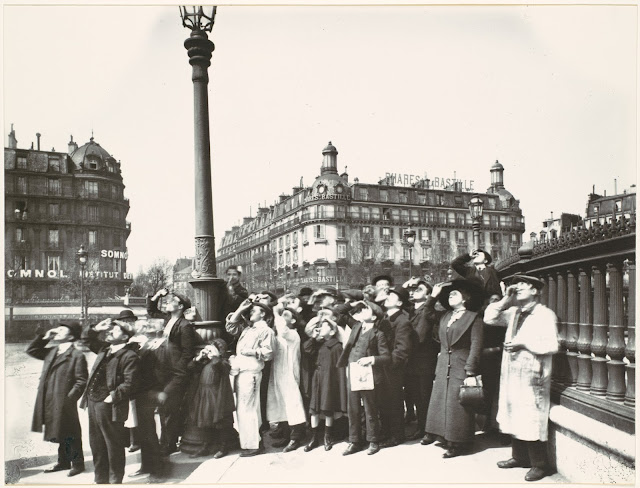Meanderer
Supreme Member
The London Underground and Sherlock Holmes
“I should like to see him clapped down in a third-class carriage on the Underground, and asked to give the trades of all his fellow-travellers.”
– A Study in Scarlet

"The London Underground, or “tube”, has a few mentions in the Canon. The above quote, from A Study in Scarlet” is Watson’s reaction after reading Holmes’ The Book of Life article in a magazine. In the Red-Headed League, the duo of Holmes and Watson ride the Underground on their way to Saxe-Coburg Square. In The Beryl Coronet, Alexander Holder rode the tube on his way to Baker Street. Lastly, Cadogan West’s body was placed upon the roof of a stopped Underground carriage in The Bruce Partington Plans."

"Jumping forward to the third season of BBC’s Sherlock, we have John Watson riding the tube shortly after the opening credits for The Empty Hearse. Later in the same episode, Sherlock and Watson are exploring the abandoned Sumatra rail station looking for a missing rail-car that is rigged with explosives."
“I should like to see him clapped down in a third-class carriage on the Underground, and asked to give the trades of all his fellow-travellers.”
– A Study in Scarlet

"The London Underground, or “tube”, has a few mentions in the Canon. The above quote, from A Study in Scarlet” is Watson’s reaction after reading Holmes’ The Book of Life article in a magazine. In the Red-Headed League, the duo of Holmes and Watson ride the Underground on their way to Saxe-Coburg Square. In The Beryl Coronet, Alexander Holder rode the tube on his way to Baker Street. Lastly, Cadogan West’s body was placed upon the roof of a stopped Underground carriage in The Bruce Partington Plans."

"Jumping forward to the third season of BBC’s Sherlock, we have John Watson riding the tube shortly after the opening credits for The Empty Hearse. Later in the same episode, Sherlock and Watson are exploring the abandoned Sumatra rail station looking for a missing rail-car that is rigged with explosives."










